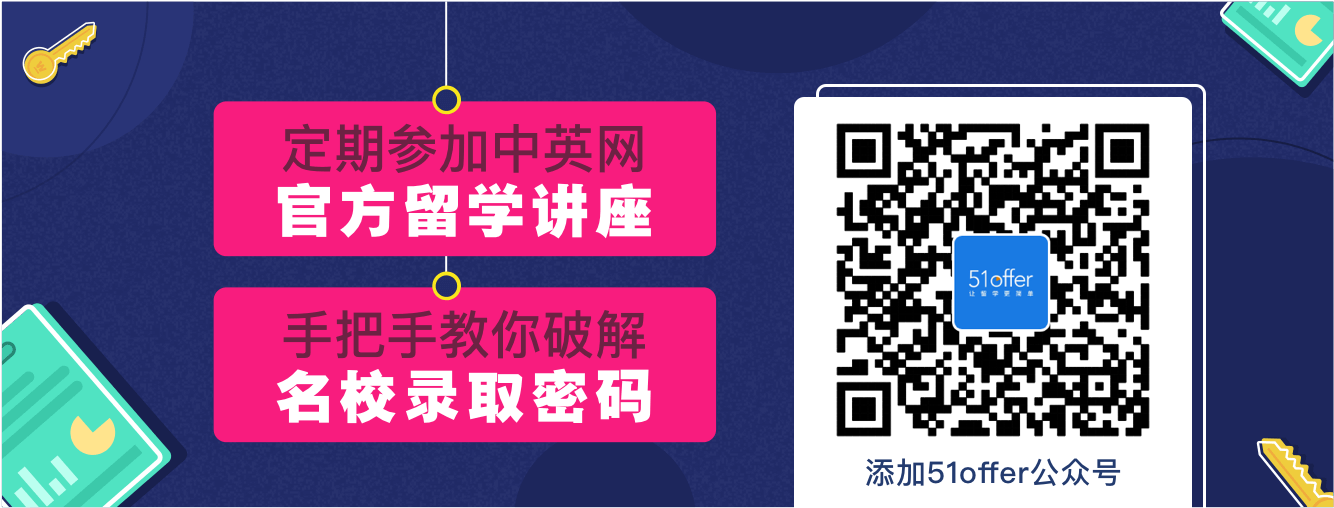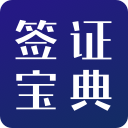名师总结关键词:郭敬明的托福词汇
中英网 www.uker.net 2008-05-08 来源: 转载 作者: 佚名
The most successful writer in China today isn’t Gao Xingjian (高行健), the winner of the 2000 Nobel Prize, or even Jiang Rong(姜戎), the author of the best-selling novel “Wolf Totem,”(狼图腾) just released in the United States. It’s 24-year-old Guo Jingming, a pop idol whose cross-dressing, image-obsessed persona has made him a sensation in a country where the Communist dictatorship advocates prudery and heterosexuality. Thousands of teenagers — his readers are rarely over 20 — flock to Guo’s signing sessions. Some post frenzied declarations of love on his blog: “Little Four, I will always be with you!” (Guo’s nickname comes from “fourth dimension war,” a random quotation he found in a magazine.) Alongside adoring letters addressed to “Big Brother Guo,” the author posts pictures of himself half-naked in the shower, in his underwear or swathed in Dolce & Gabbana accessories and Louis XIV-style shirts.
Guo is hardly universally beloved. Last fall, he was voted China’s most hated male celebrity for the third year in a row on Tianya, one of the country’s biggest online forums. Yet three of his four novels have sold over a million copies each, and last year he had the highest income of any Chinese author: $1.4 million.
The most critically acclaimed Chinese novels of recent years — “Wolf Totem” (a parable about the death of Mongolian culture and a veiled critique of the Cultural Revolution), Yu Hua’s “To Live,” Mo Yan’s “Republic of Wine” — generally use their characters as vessels for broad social and political commentary. But Guo’s novels focus on the tortured psyches of his adolescent characters, who either nurse their melancholy by sitting alone for long hours under trees and on rooftops, or try to blunt it with drinking, fighting and karaoke.
Guo is the most successful of a dozen young celebrity authors who make up the “post-’80s” generation, some others of whom have also achieved book sales in the millions. This group includes the high school dropout and professional car racer Han Han, 25, who derides China’s inefficient educational system in his novels and regularly insults older, more established artists on his blog, and Zhang Yueran, 26, whose novel “Daffodils Took Carp and Went Away” features a bulimic girl who falls in love with her stepfather, is mistreated by her mother and is sent off to boarding school.
While the Chinese government frequently jails dissident writers or forces them into exile, it mostly ignores the antics of Guo and the other post-’80s writers. For all their flamboyance, they exemplify the social ideals of the new China — commercialism and individualism — said Lydia Liu, a professor of Chinese and comparative literature at Columbia University. They “don’t pose any threat,” Liu said. “They collaborate.”
Tao Dongfeng, a professor at Capital Normal University 首都师范大学 in Beijing who has harshly criticized some post-’80s writers for their lack of social conscience and their reliance on overblown fantasy elements, said young fans see authors like Guo less as writers than as “entertainment idols.” “What they write isn’t important,” he said. “What’s important is Han Han’s looks, the cars that he drives.”
Such things are certainly important to the authors themselves. I met with Guo last summer in a newly built upscale area on the outskirts of Shanghai, in the offices of Ke Ai (a homophone of the Chinese word for “cute”), the entertainment company he established in 2004 to produce teenage literary magazines like “I5land” and “Top Novel.” He enthusiastically demonstrated his encyclopedic knowledge of “American Idol” and his excitement at seeing the “Transformers”变形金刚 movie. An hour before the interview, I had phoned to ask if I could take his picture. He politely refused, saying an hour wasn’t long enough to prepare. “My fans worry about whether I look good, what clothes I wear,” he said. “There’s no way around it.”
All of Guo’s novels include a shy, mysterious hero who gets good grades and whose life otherwise parallels aspects of the author’s own. Guo was born in the southwestern city of Zigong, to an engineer father and a bank clerk mother who encouraged him to write. In 2001, when he was still in high school, Guo won first prize in a national essay contest sponsored by Mengya magazine. A short version of “City of Fantasy” — written, he told me, as relaxation therapy during his exams — was later published in the magazine and went on to sell more than 1.5 million copies in book form.
Guo remains unbothered by the episode. “A lot of people who criticize you, they haven’t read your works, they really don’t understand what this thing is, so I don’t pay attention to those opinions,” he told me.
Neither, apparently, do his fans. While the case was still in process, Guo produced a musical album, “Lost,” a thin spread of guitar and piano under lyrics about young love, performed by singers chosen in a national competition he organized. It sold 400,000 copies. Last year, his novel “Cry Me a River,” about the ostracism and suicide of a pregnant high school student, sold a million copies in 10 days.
Guo may have survived charges of plagiarism and bad writing, but today he faces what may be a more dangerous threat: even younger writers. The past few years have seen the rise of a group of teenage authors, sometimes called the “post-’90s” generation. Four years ago, 9-year-old Yang Yang received $150,000 for his novel “The Magic Violin,” about a young boy who is befriended by enchanted objects after his father disappears. It sold 100,000 copies. He has since published three more books and last year signed a contract for a 10-book series. Last month, Yang Daqing’s “Story of the Ming Expedition,” a novel about the Japanese invasion of Korea in 1592, supposedly written when the author was 13, hit bookstores. And 14-year-old Tang Chao’s second novel, “Give My Dream Back,” about unrequited love and suicide, was recently published with a first run of 50,000 copies.
Over the phone, Guo spoke dismissively of these potential rivals. “I don’t really know much about them,” he said. And they certainly don’t seem to be interfering with his plans. Guo’s next novel, “When We Were Young,” about four university students, arrives in stores in October. And next year, he plans to hold a national competition for young writers and to design his own line of stationery.
关键字:托福词汇
更多关于 名师总结关键词:郭敬明的托福词汇 的文章
更多关于 托福词汇 的文章
- [语言考试] 提纲挈领:备战新托福词汇打头阵 2008-09-12
- [语言考试] 如何记住托福词汇:三种方法教你制胜 2008-08-12
- [语言考试] 一眼识破天机:托福词汇否定前缀总结 2008-07-26
 中英网
中英网 中美网
中美网












 51offer
51offer